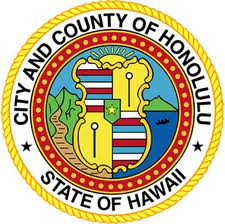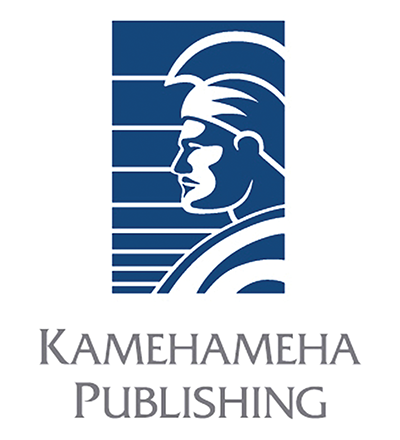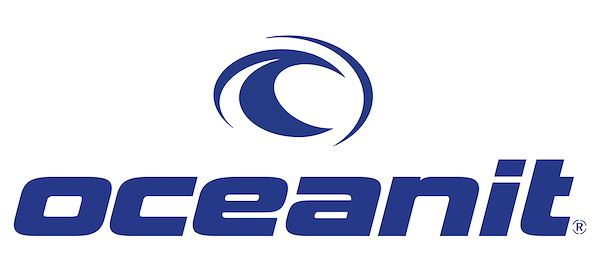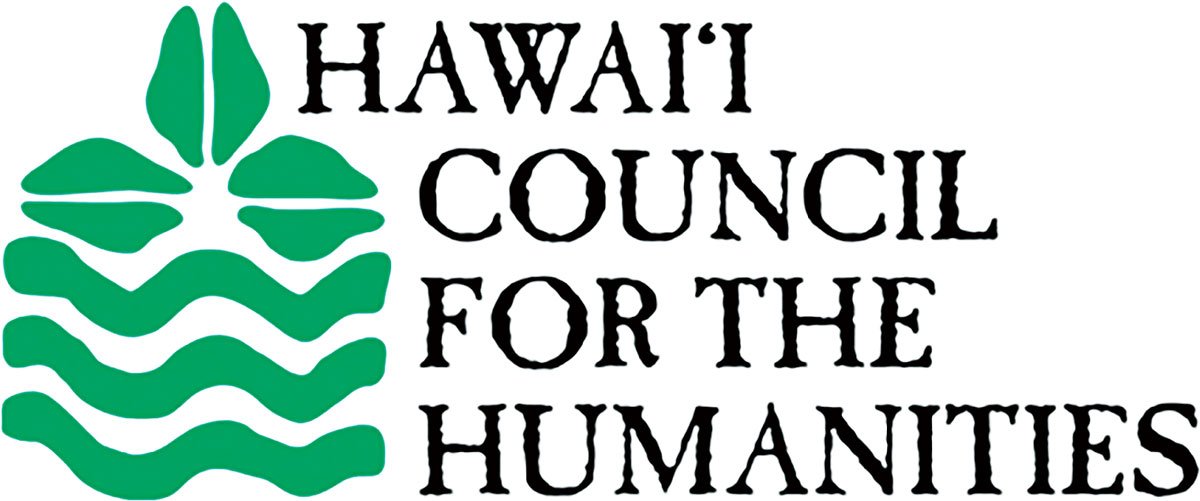Michael Haas
Michael Haas is a Nobel Peace Prize nominee for his work on behalf of human rights in a career as an academic political scientist. Besides the University of Hawai‘i, he has taught at Northwestern University, Loyola Marymount University, Occidental College, Purdue University, the University of California (Riverside), the University of London, and five campuses of California State University.
The Kingdom of Hawaiʽi during the nineteenth century reveals a history of responsive politicians, economic progress, environmental preservation, and serene race relations because of a cultural lifestyle that can be emulated. But not everything was rosy. Severe challenges emerged after the discovery of the Islands in 1778. The leaders and the people responded to various intrusions in an exemplary manner, while the same problems have provoked endless conflict and social disintegration that plague the world today.
Michael Haas recounts how the people of the Islands overcame civil wars, decimating diseases, ecosystem despoliation, religious conflicts, the uprooting of feudalism, worker exploitation, imperialist threats, coups, and a massive influx of new residents who quickly became acculturated. But the Kingdom of Hawaiʽi ended because of a flagrant violation of international law that calls out to be reversed.
Michael Haas argues that, following the Hawaiian 19th-century model, racial and social relations can become harmonious and serene in every country of the world. Racism can be eliminated. The world needs to know how a society of Caucasians, Chinese, Japanese, Mexicans, Native Hawaiians, and others worked together to solve problems that seem intractable elsewhere. Until the secret is revealed, the world seems doomed to constant turbulence.
Many probing questions are answered in How to Demolish Racism:
Why are race relations so harmonious in Hawai‛i today?
Why is the Republican Party doomed in Hawai‛i today?
How have the Islands responded to climate change?
Why is ethnic humor accepted in the Islands while considered “politically incorrect” in the other 49 states?
What innovative, people-oriented laws passed in Hawai‛i have not yet been adopted elsewhere?
Why does Hawai‛i’s multiculturalism differ from all other forms?
The book has several unique elements:
Explicates moral principles that ensure harmonious race relations
Provides the first-ever probability analysis to determine racial marriage preferences
Describes how ethnic groups in Hawai‘i have successfully coped with racial tensions
Explains why generalizations about Asians do not apply to Hawai‘i
Identifies how racism, introduced by White settlers, was abolished through multiethnic politics
Demonstrates why Hawai‘i has adopted more progressive reforms than any other American state or country
Describes current competing theories of race relations (assimilationism, melting pot, integration, multiculturalism) and indicates a different approach used in Hawai‘i
Links
https://upload.wikimedia.org/wikipedia/commons/c/c2/Michael_Haas_%28writer%29.jpg















